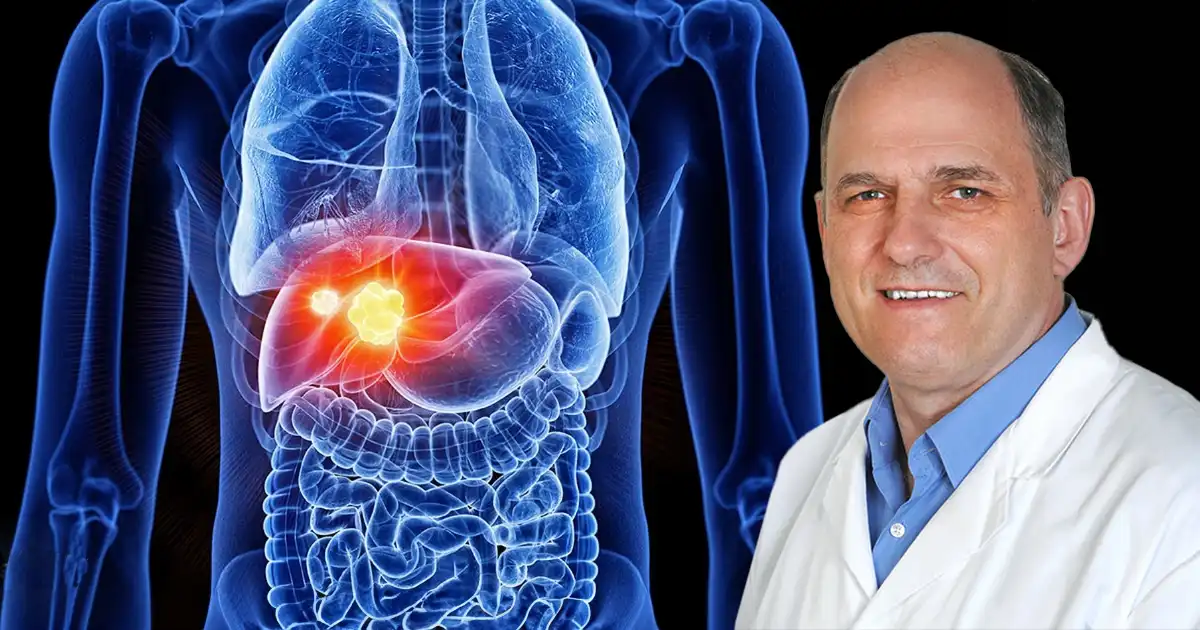News & Events
Event: 4th (Inter-)National Conference on Infectious Disease Modeling
MONID is hosting a 3-day infectious disease modeling conference.

Event: International Conference on Systems Biology 2025
The 24th Annual International Conference on Systems Biology (ICSB 2025), hosted by Systems Biology Ireland, will bring together the global community on behalf of the International Society for Systems Biology (ISSB). This significant event, part of the world's longest-running systems biology conference series, is set for October 5th to 9th 2025 in Dublin, Ireland.
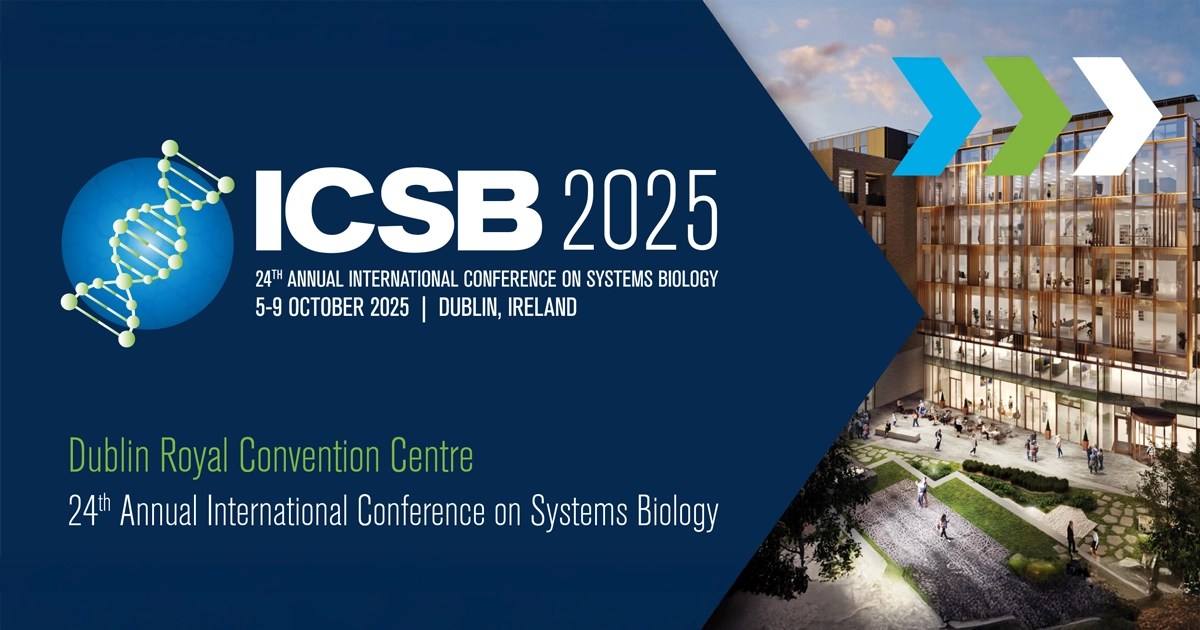
Event: SciNetPro 2025
Wissenschaftliches Projektmanagement ist längst mehr als reine Administration: Es ist strategische Gestaltung, Koordination komplexer Strukturen und Katalysator für exzellente Forschung – insbesondere in der Medizin.
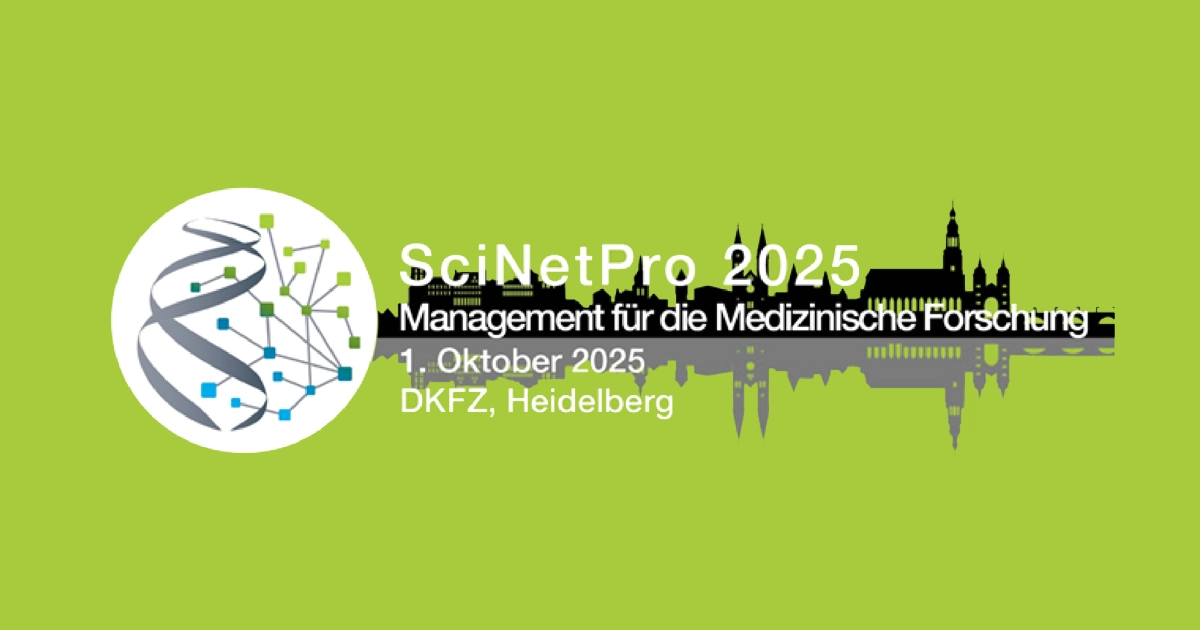
MTZ-Award 2026 - Call for applications open!
The MTZ® Award for Systems Medicine is the national prize for young scientists for outstanding dissertations in the field of systems-oriented health research.
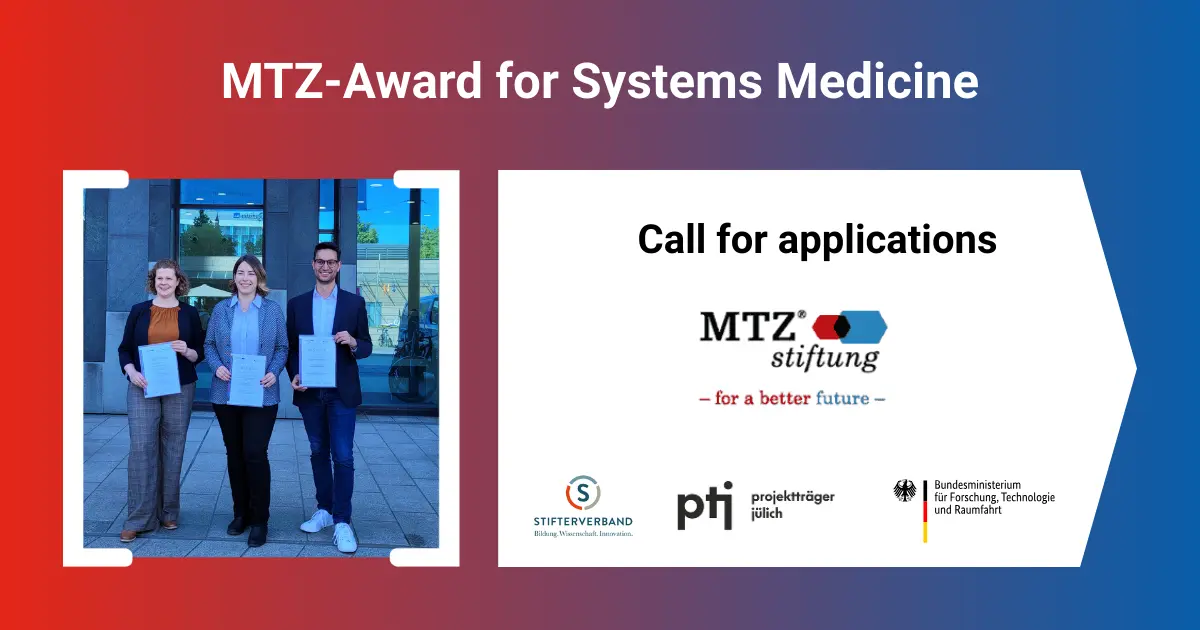
LiSyM Seminar Series: Bridging Basic Science and Clinical Practice
The LiSyM Seminar Series kicked off with a talk by Thomas Berg from Leipzig University Medical Center. His insights into the global burden of fatty liver disease, liver screening and treatment were followed by a discussion round. The seminar served as a great platform for exchange within the LiSyM Cancer network but also shared valuable insights for everyone interested in the field of systems medicine and hepatocellular carcinoma.
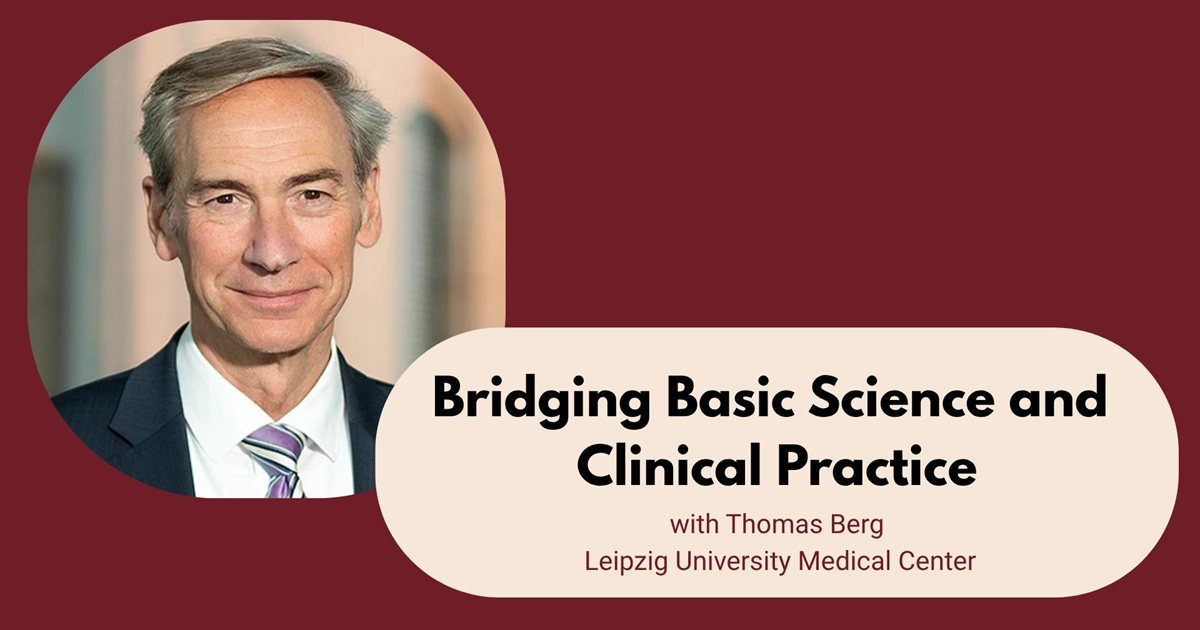
LiSyM Cancer provides exciting insights into liver cancer research at Explore Science in Mannheim
This year, the LiSyM Cancer network was part of Explore Science in Mannheim, which took place from June 25 to 29, 2025 at Herzogenriedpark Mannheim. This year's theme was “Zukunft MINT”, highlighting the opportunities that the STEM field represents for our society.
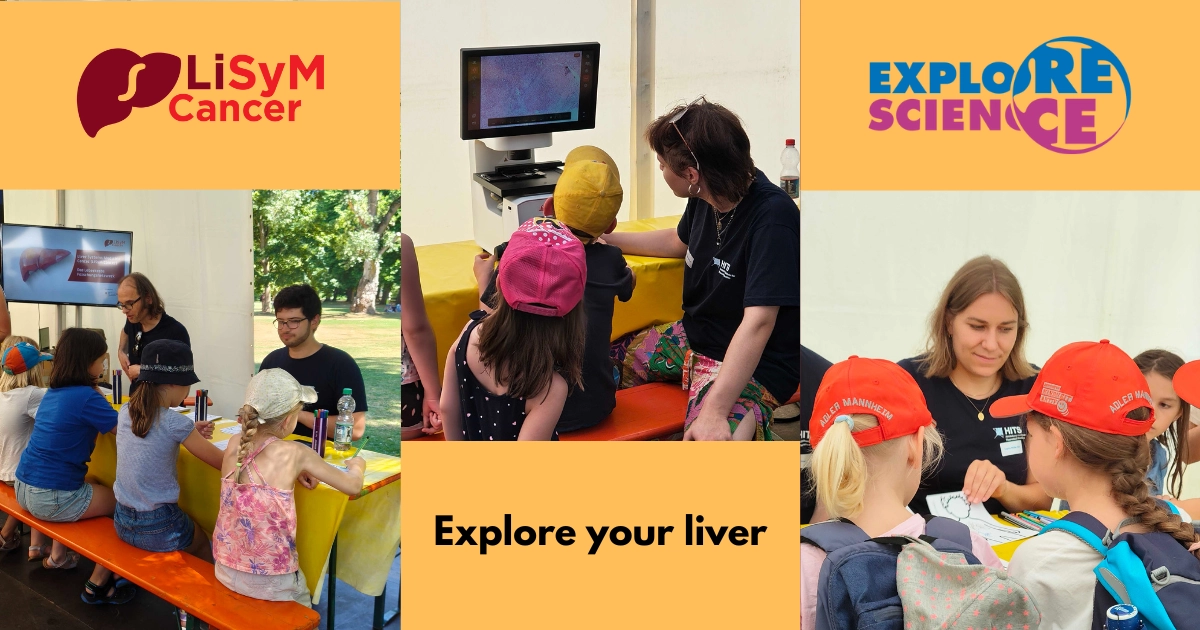
LiSyM Cancer Status Seminar 2025
The LiSyM Cancer Status Seminar 2025 took place from April 8 to 9, 2025 in the Townhouse Düsseldorf and was a total success.
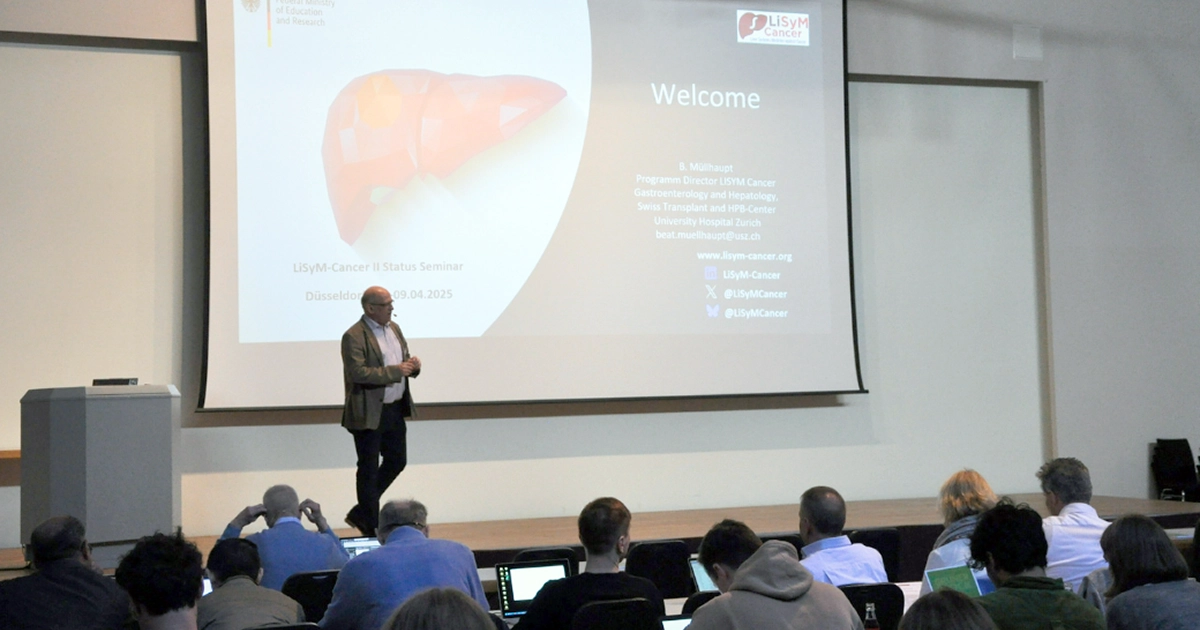
Scientist retreat in Hünfeld: new impulses and joint exchange
The annual Scientist Retreat took place in Hünfeld from December 11 to 13. The event provided an excellent opportunity to welcome new faces from the current funding period and to intensify the exchange between researchers.
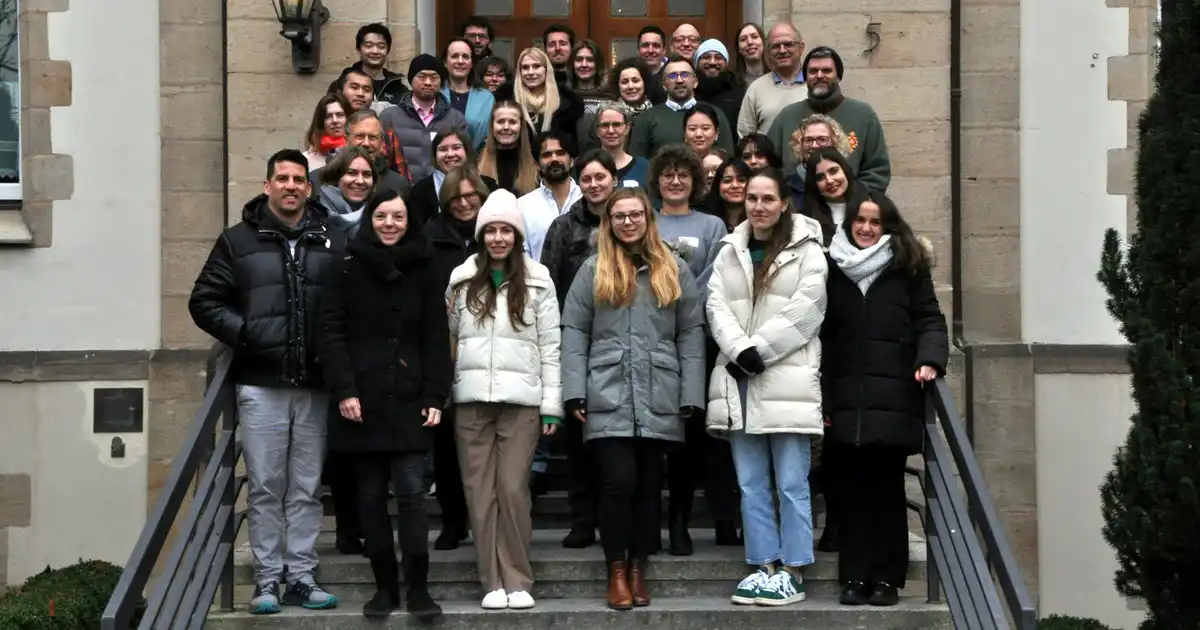
25. German Liver Awareness Day
Following the motto “Liver good - all good”, there are various offers to find out more about the liver and liver diseases.
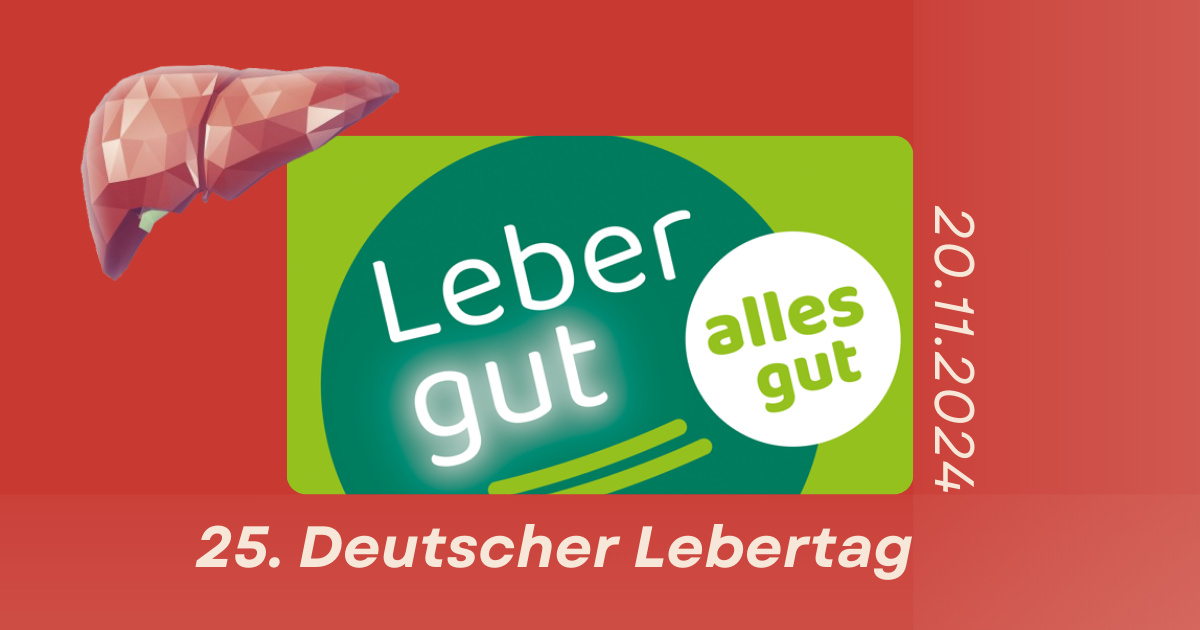
Start of second funding period LiSyM-Cancer
As of July 1st 2024 the second funding period of the research network LiSyM-Cancer started.
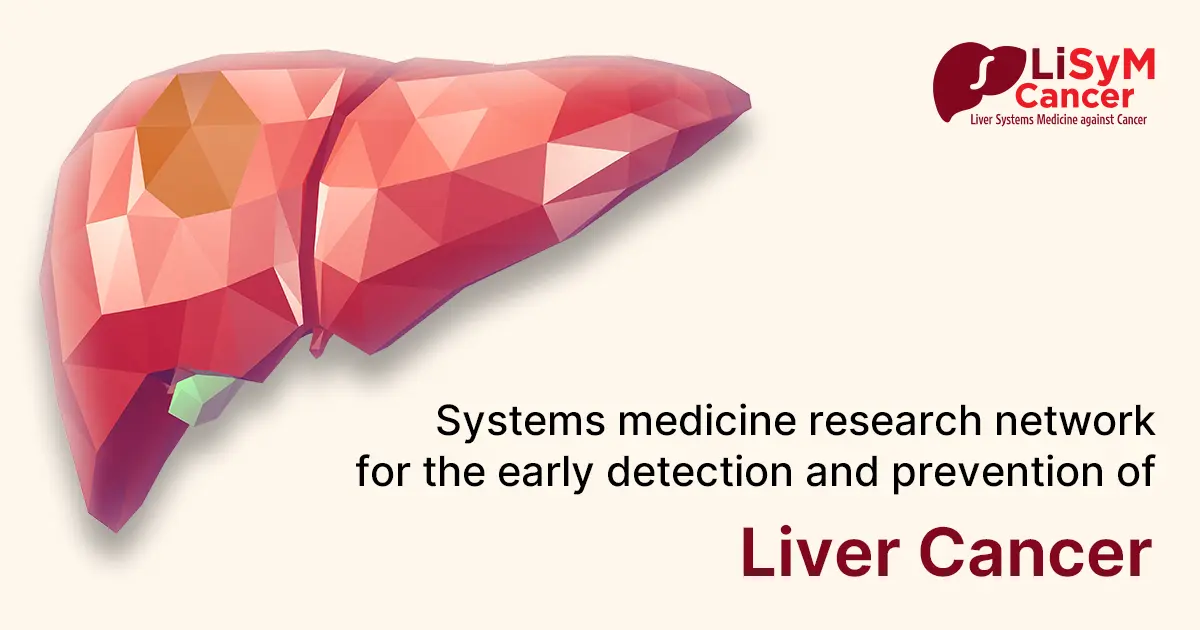
Stay abroad Sophia Müller-Dott
The computational biologist Sophia Müller-Dott spent three months at the University of Copenhagen as part of her doctoral thesis in the LiSyM-Cancer research network (group of Julio Saez-Rodriguez). She worked on two projects at the Center for Protein Research in Jesper V. Olsen's group and very much appreciated the close contact with the experimentalists, as she reports in the interview.
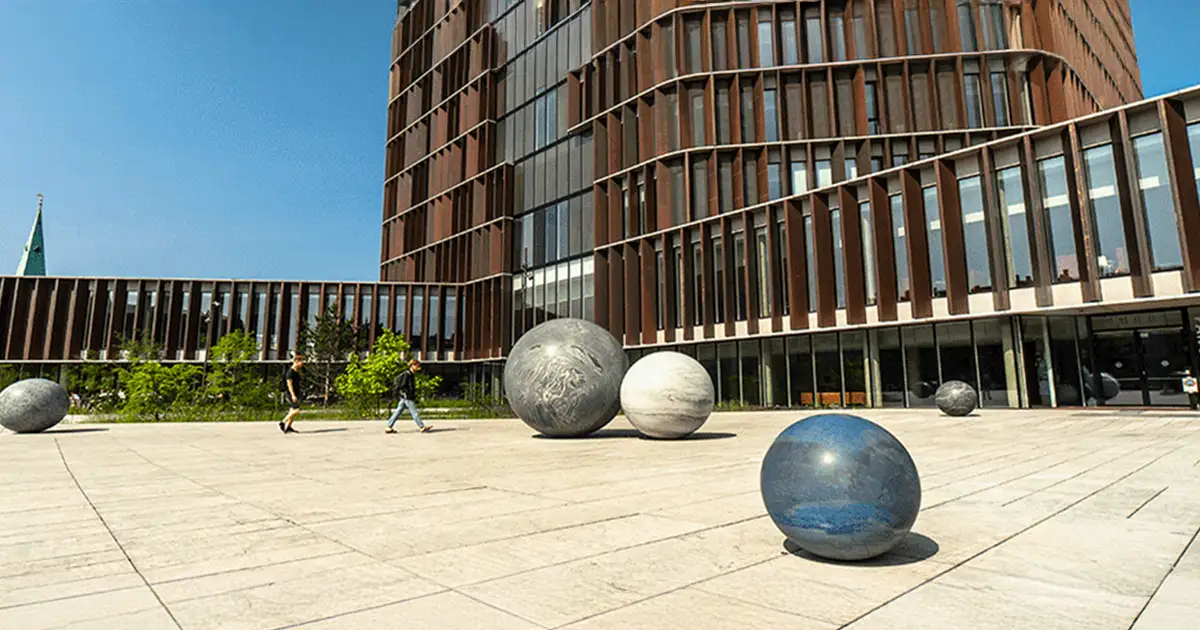
LiSyM-Cancer Status Seminar 2024
The last Status Seminar of the current funding period brought together 69 participants from C-TIP-HCC, DEEP-HCC, SMART-NAFLD and Program and Data Management in the beautiful Salles de Pologne in Leipzig.
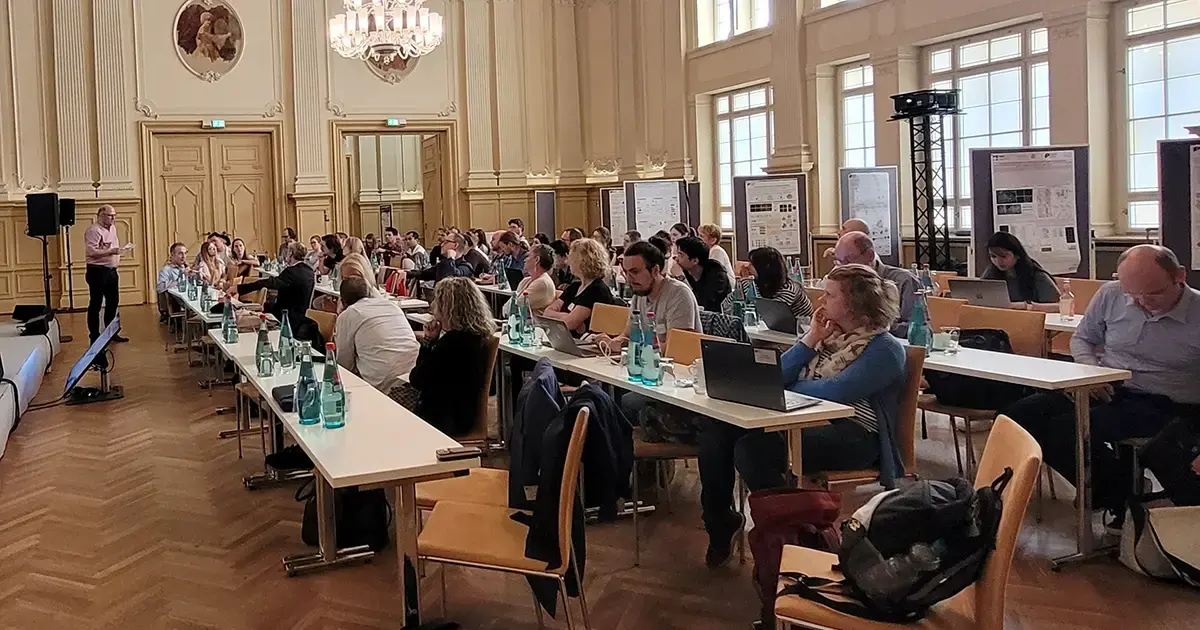
Interaction and scientific discussions at SBMC 2024 in Leipzig
At the SBMC 2024 in Leipzig participants discussed and exchanged cutting-edge research in systems biology. The conference, hosted at Leipzig University's Paulinum, featured keynote talks, poster sessions, and panel discussions, highlighting interdisciplinary research and future clinical applications.
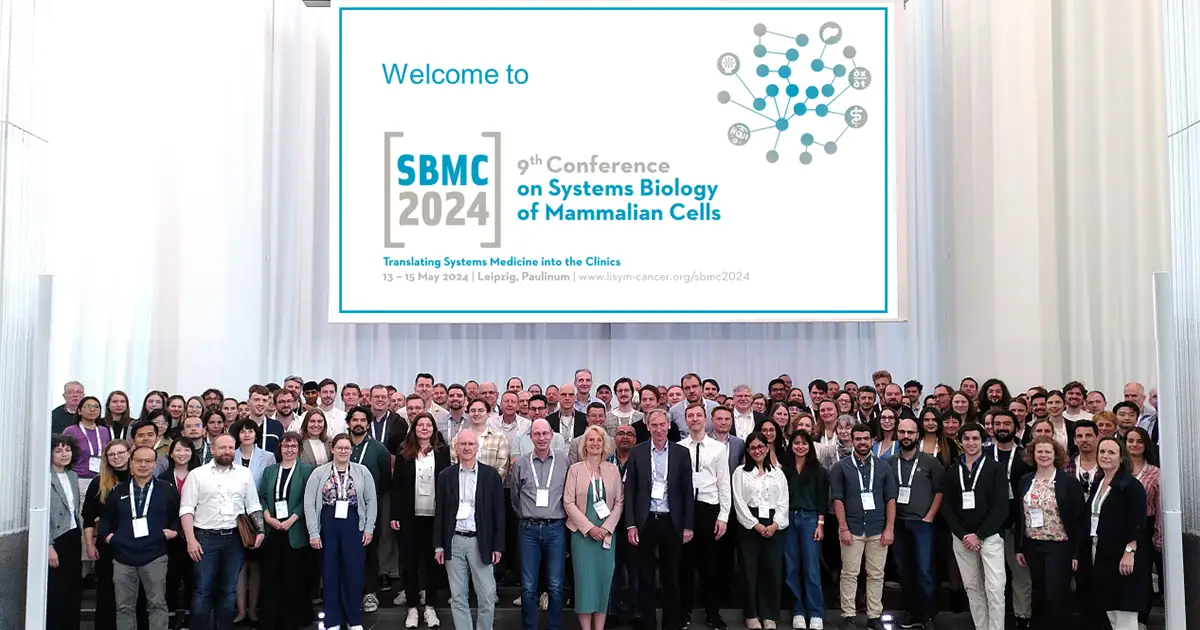
SBMC 2024
9th Conference on Systems Biology of Mammalian Cells – Translating Systems Medicine into the Clinics
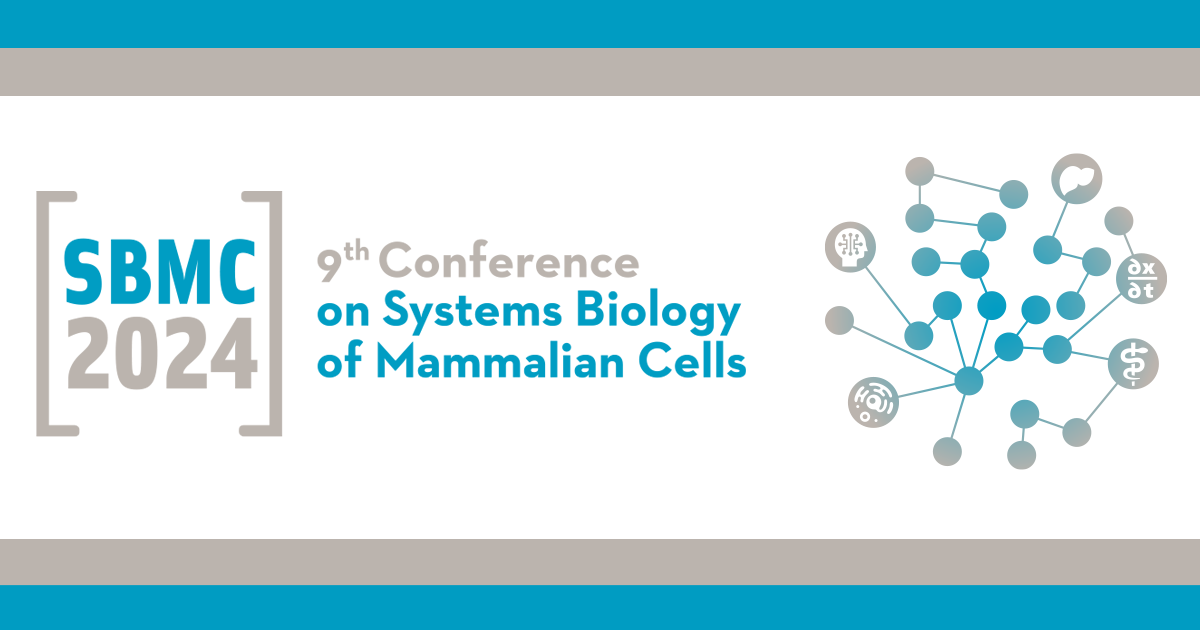
SMART-NAFLD On YouTube
„Do you have that disease? We are talking about Fatty liver.” Doktor Whatson – well-known German YouTube Influencer – talks to Ursula Klingmüller and her SMART-NAFLD group their liver cancer research.
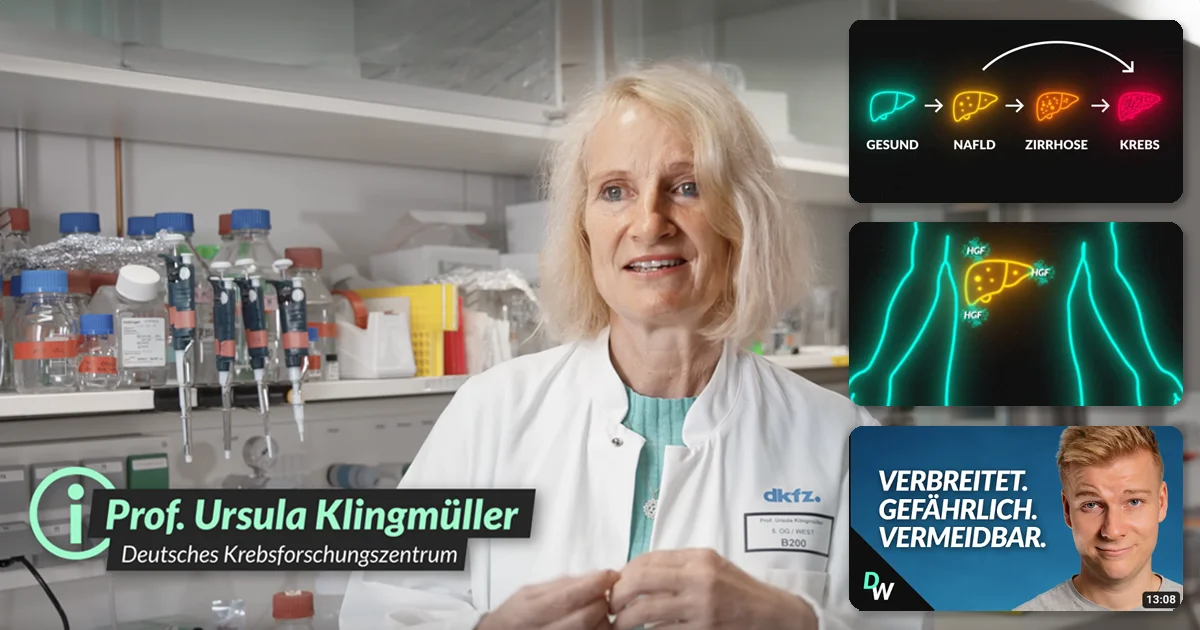
Liver Cancer Awareness Month
October is Liver Cancer Awareness Month. More than 800,000 people died from liver cancer in 2020, making liver cancer the third most common cause of cancer death globally.
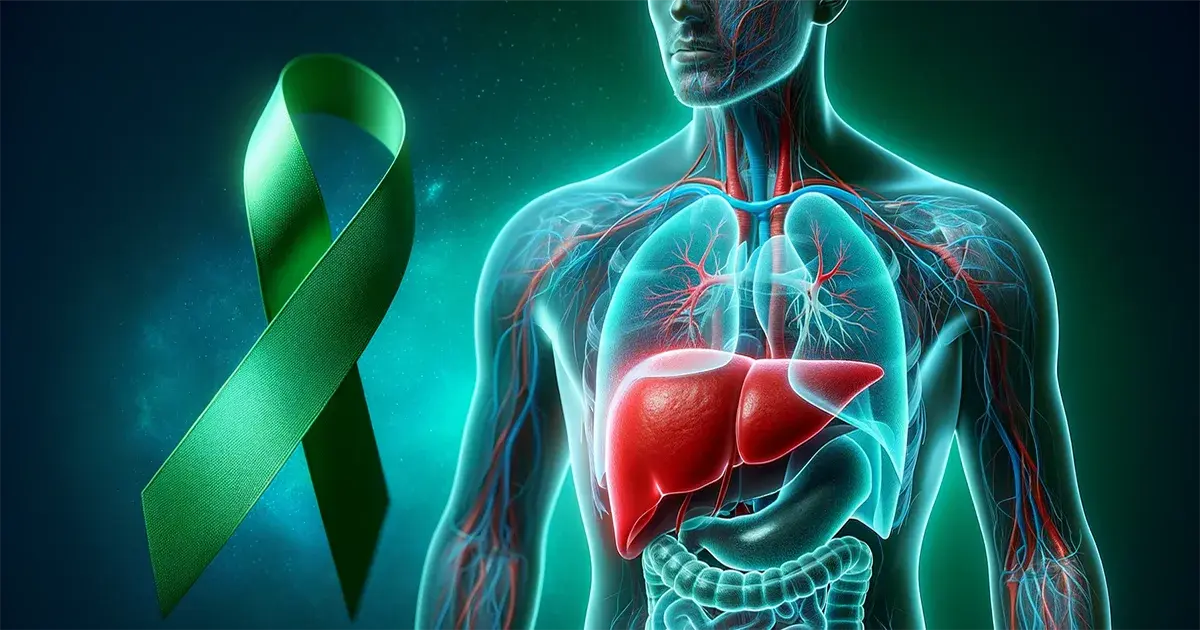
LiSyM-Cancer Scientist Retreat
What’s behind Tipping points, Crosstalk, Barriers, and Digital twins?
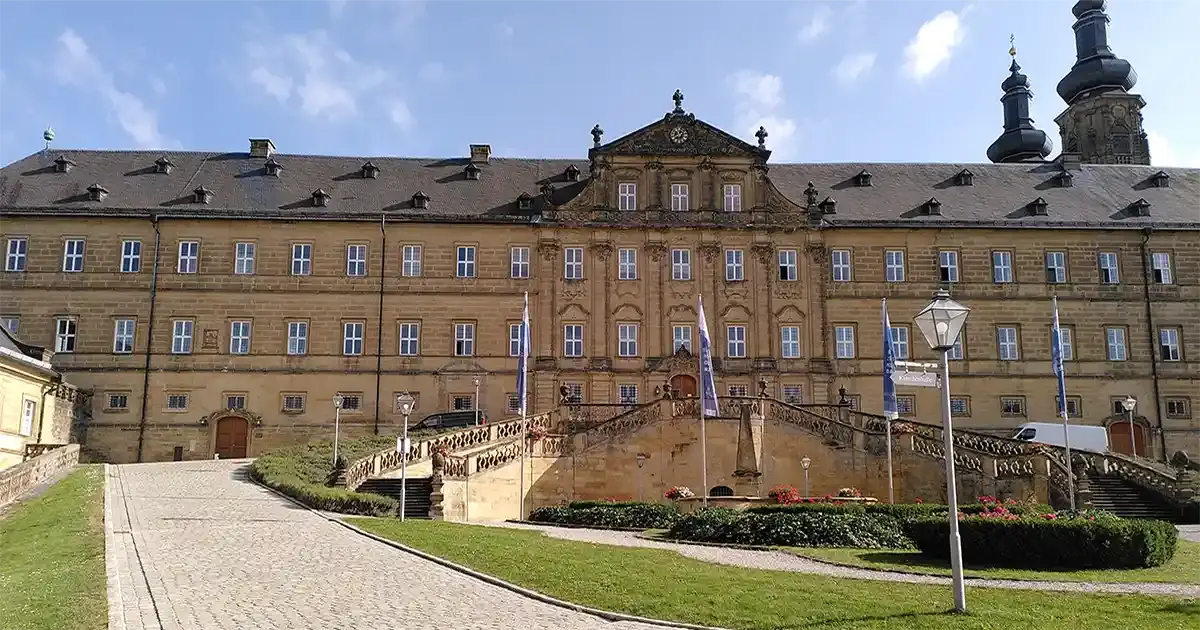
EASL Congress Vienna 2023
New Nomenclature for Steatotic Liver Diseases – Discussions and Impressions at Postgraduate Course, Basic Science Seminar, Poster Presentations etc.
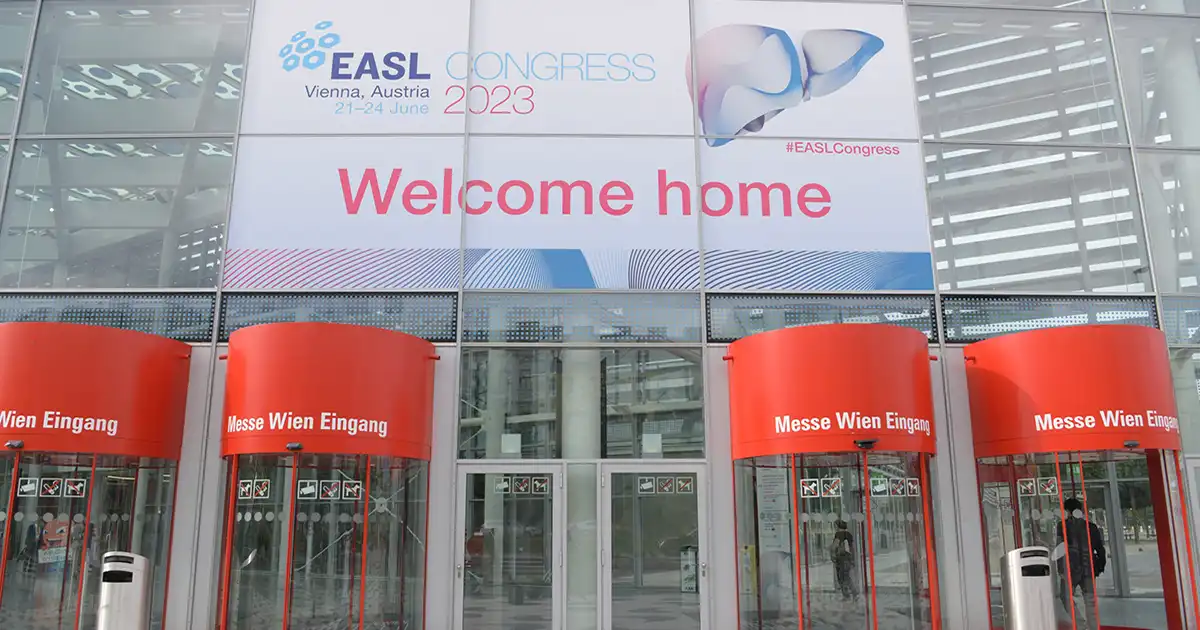
Stefan Hoehme Associate Member at ScaDS.AI Dresden/Leipzig
The Center for Scalable Data Analysis and Artificial Intelligence, is one of five national competence centers for Artificial Intelligence (AI).
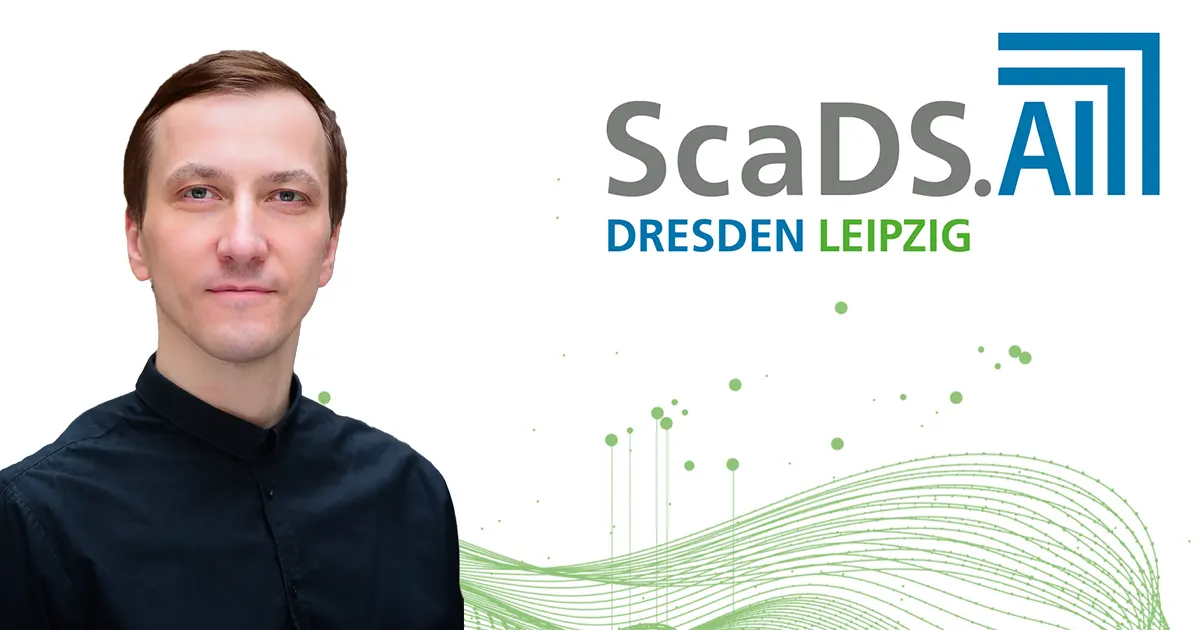
International NASH Day 2023
It's International NASH Day 2023! Raising awareness on fatty liver diseases
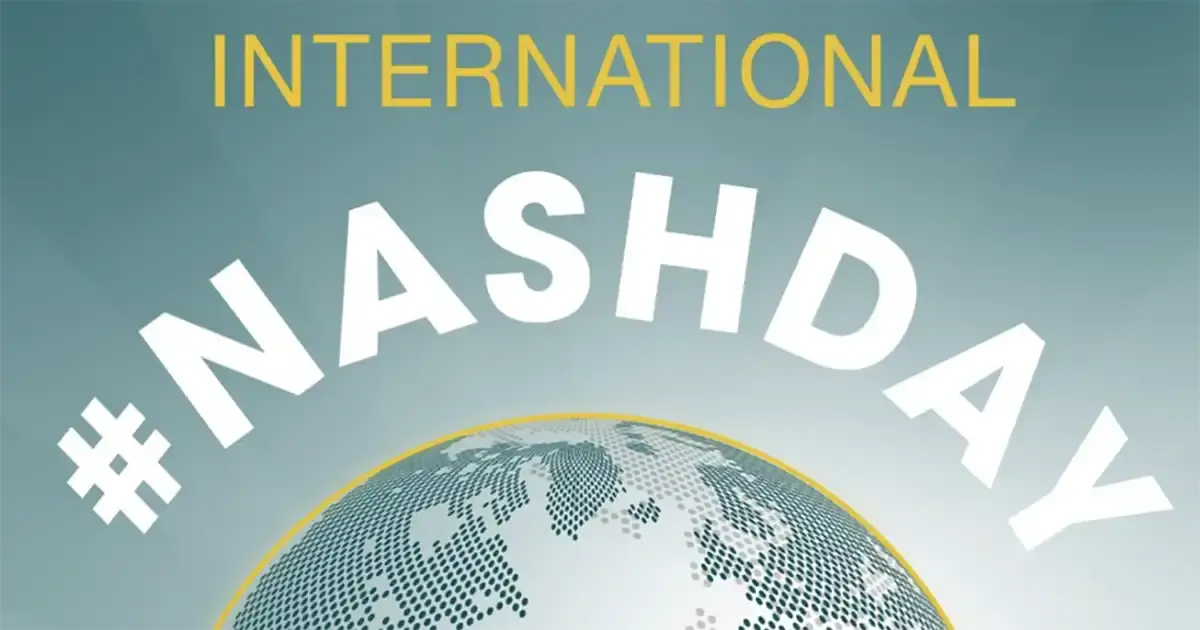
TMF Annual Congress Cologne
Medicine of the future – Where are OMICS, digitalization and social change leading?
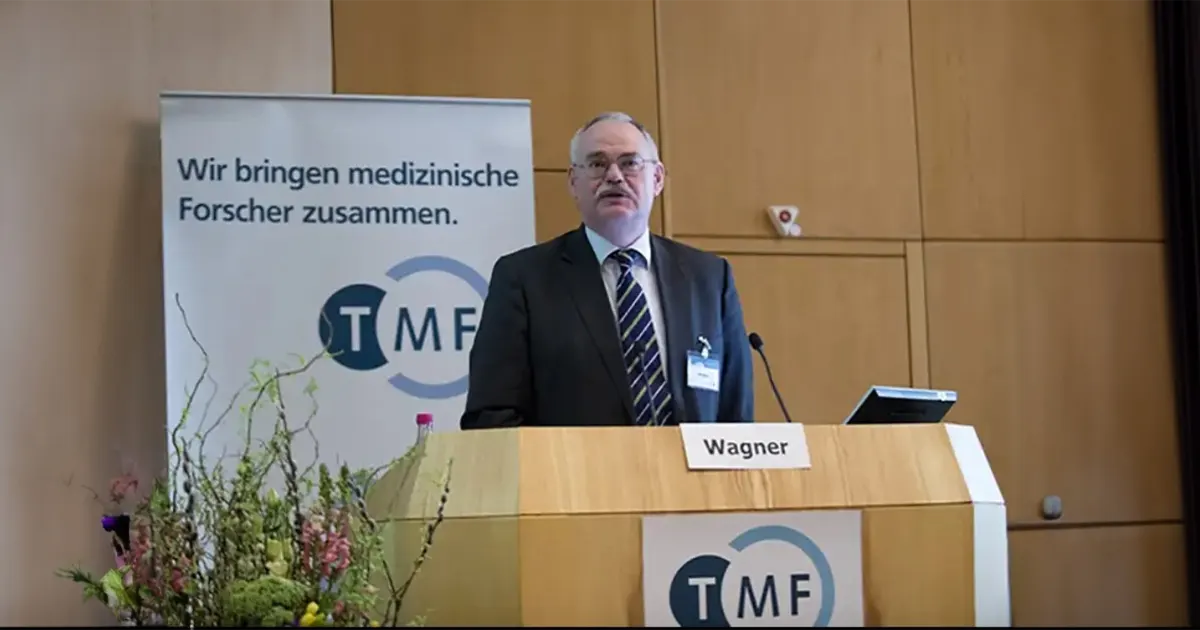
Numerous discussions at the Status Seminar in Dresden
At the annual status seminar of LiSyM-Cancer from 28th to 29th of March 2023, about 80 members from partner sites all over Germany met at the Center for Regenerative Therapies in Dresden (CRTD) to discuss their current research and future plans.
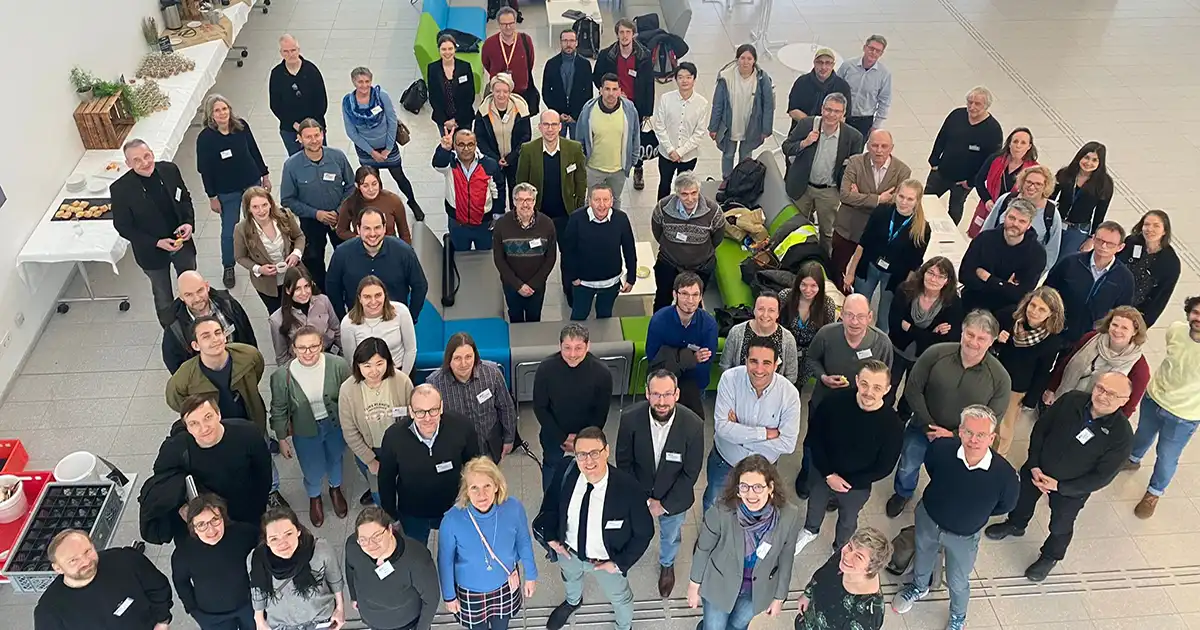
Articles on LiSyM-Cancer
Articles for the lay public on LiSyM-Cancer (in German) by the press office of the „National Decade against Cancer“.
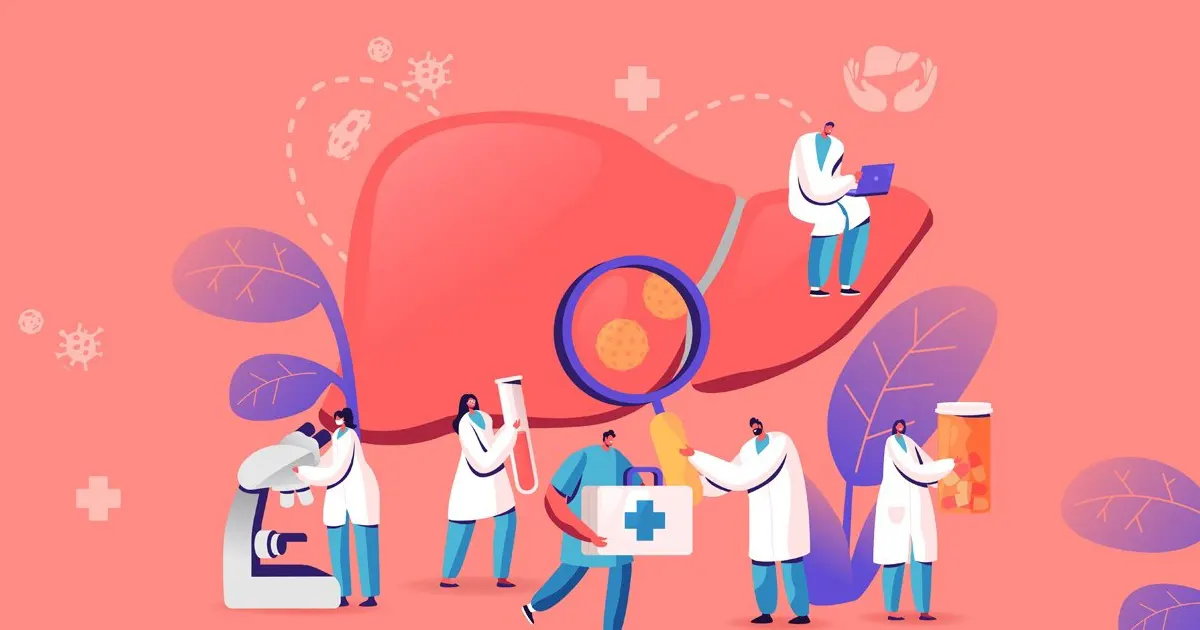
Young Scientists Retreat
Meeting of the students and PostDocs in Hofgeismar
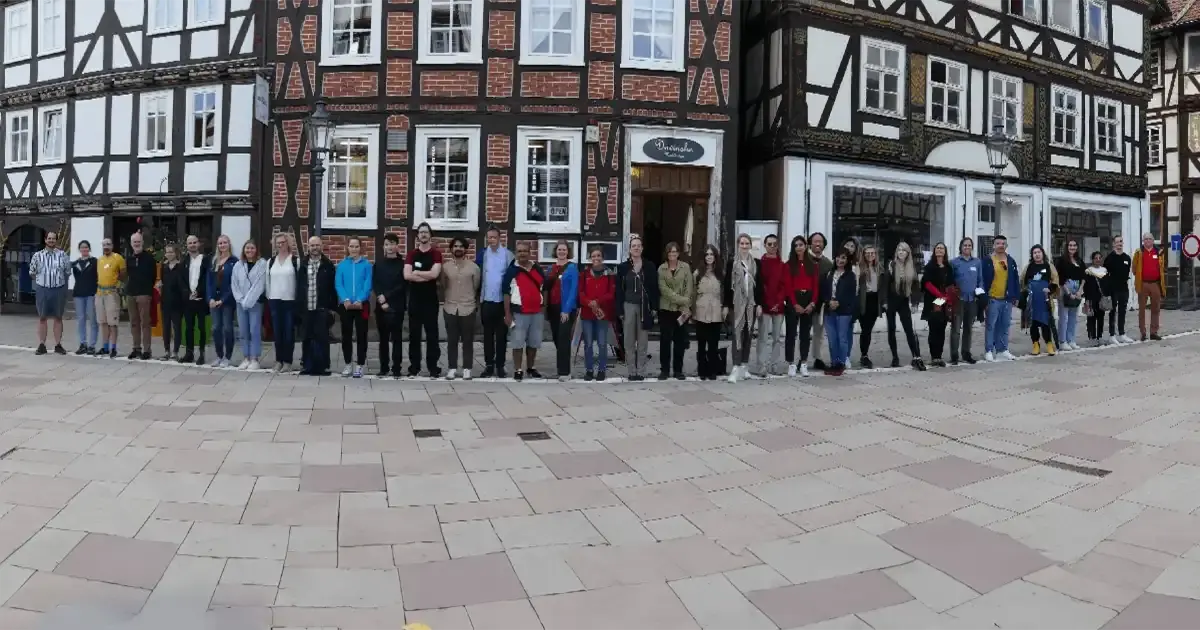
Interview with Program Director Beat Müllhaupt
An Interview by BMBF with LiSyM-Cancer Program Director Beat Müllhaupt (in German)
